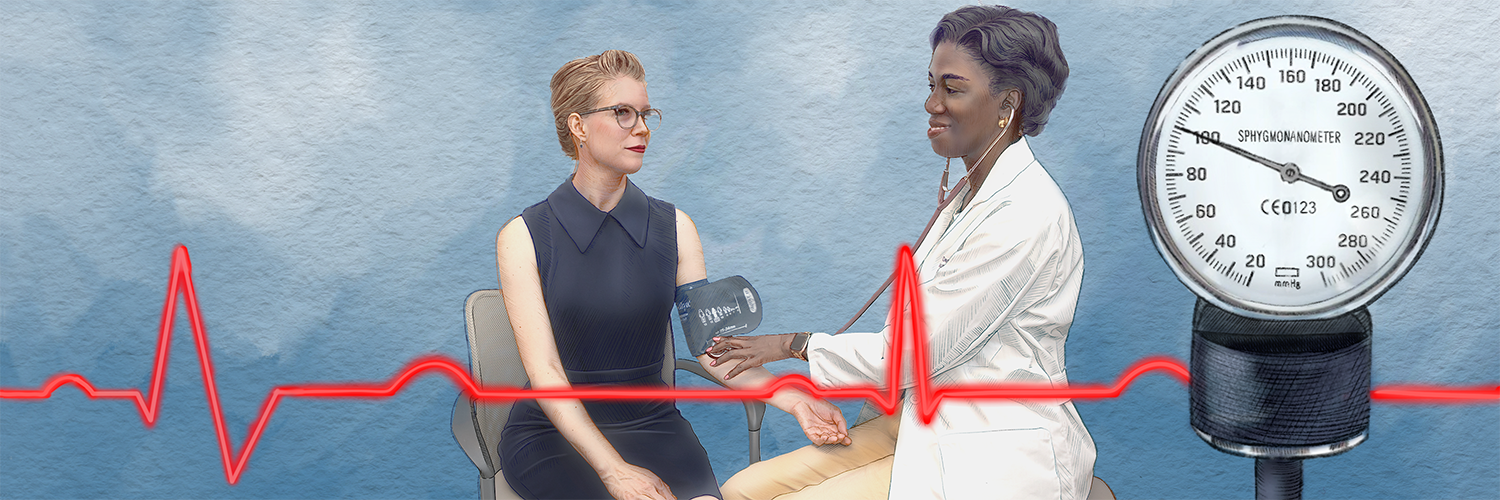
To improve biomedical research and clinical care in our communities, ROAR offers various programs and resources for scientists across the course of their careers.
ROAR is designed to develop, integrate, and strengthen programming and research at Augusta University and Medical College of Georgia, University of South Carolina School of Medicine, and University of Mississippi Medical Center. ROAR aims to utilize collaborative partnerships in training and research to become a national resource and leader in the field of Sex as a Biological Variable (SABV) in cardiovascular disease.
Jump to: SABV Workshops & Mentoring Programs & Seminars in SABVMini-SabbaticalsPilot Grants
SABV Workshops for Researchers
2024 Keynote Speaker

Dr. Lisa Cassis
For ROAR's 2024 workshop, Dr. Lisa Cassis presented her work on sex differences in vascular disease in the setting of abdominal aortic aneurysms. Big picture findings include:
SCORE SABV Mentoring Academy
Led by Dr. Michael Ryan, the SCORE SABV Mentoring Academy will accelerate the process of becoming an effective research mentor. Eight biweekly sessions will be led by experienced SABV faculty and will include intellectual framework, practical methods, and peer support to address mentoring challenges. The goal of the program is to enhance mentors' knowledge through the discussion of a range of mentoring experiences with a diverse trainee and mentor pool. 2025 Application Deadline: 2/28/2025
Rewards & Challenges of Mentoring
Maintaining Effective Communications
Articulating your Mentoring Philosophy and Plan
Aligning Expectations and Assessment of Understanding
Setting and Respecting Boundaries
Promoting Inclusivity & Belonging
Cultivating Ethical Behaviour
ROAR offers summer programs in sex differences research for undergraduate & medical students.
For more information, please contact aaduwus1@augusta.edu.
Augusta University
University of South Carolina
University of Mississippi
Career Enhancement mini-sabbaticals are offered for pre- and post-doctoral scholars interested in gaining SABV-related experience. Mini-sabbaticals will includetraining in sex as a biological variable (SABV)-related techniques in laboratories across the SCORE Consortium.
Each SCORE program serves as a national resource for SABV research to identify the role of biological sex differences on the health of women. The Consortium includes 12 outstanding Centers with a breadth of expertise spanning basic, clinical, and translational research approaches focused on hypertension, aging, HIV, immunity in influenza, depression, Alzheimer’s disease, addiction, metabolic syndrome, irritable bowel syndrome, bioenergetics, and alcohol use disorder.
Eligible candidates include pre- and post-doctoral trainees involved in research within the scope of ROAR at Augusta University (AU), University of Mississippi Medical Center (UMMC), or University of South Carolina (USC) seeking to include SABV in their research, or learn a new technique to address ongoing SABV research. To be eligible, pre-doctoral scholars must have successfully completed their comprehensive exams, and post-doctoral scholars must have been with their mentor for at least 1 year at the time of application.
Three pilot grants will be funded per year (up to $20,000/award) for competitive early career investigators in innovative research relevant to the SCORE mission. Pilot ROAR grants will support innovative studies from early career investigators who are interested in engaging in sex as a biological variable (SABV)-related research.
Pilot grants can be requested to:
Eligible candidates include early career faculty at the level of Instructor, Assistant
Professor, or equivalent at Augusta University (AU), University of Mississippi Medical
Center (UMMC), or University of South Carolina (USC). Eligible applicant must be able
to commit a minimum of 6-person months of full-time effort for career enhancement
and research activities, and be eligible to submit for independent grants.
